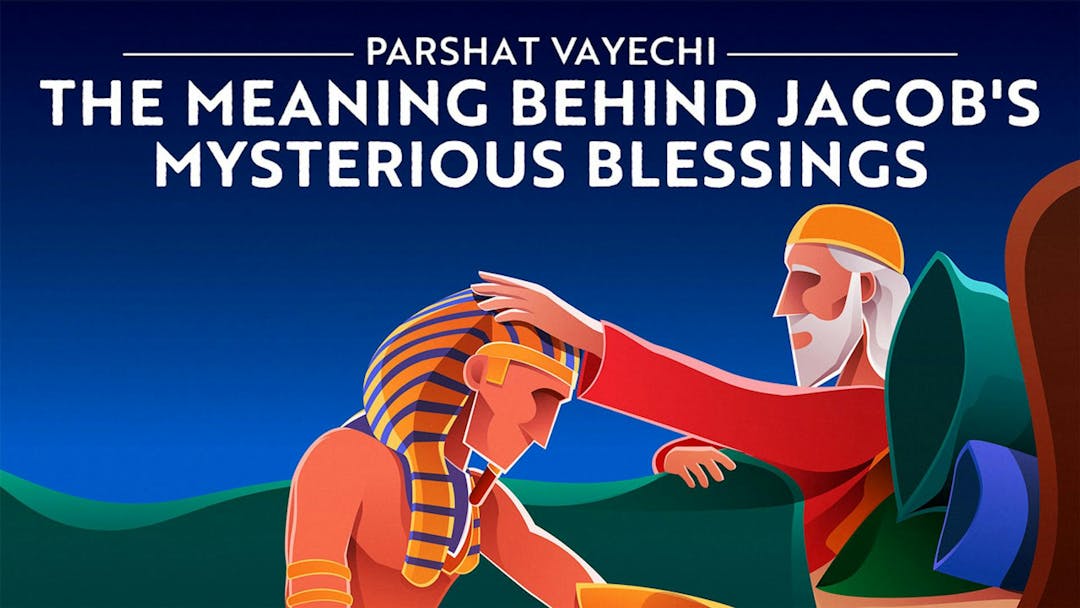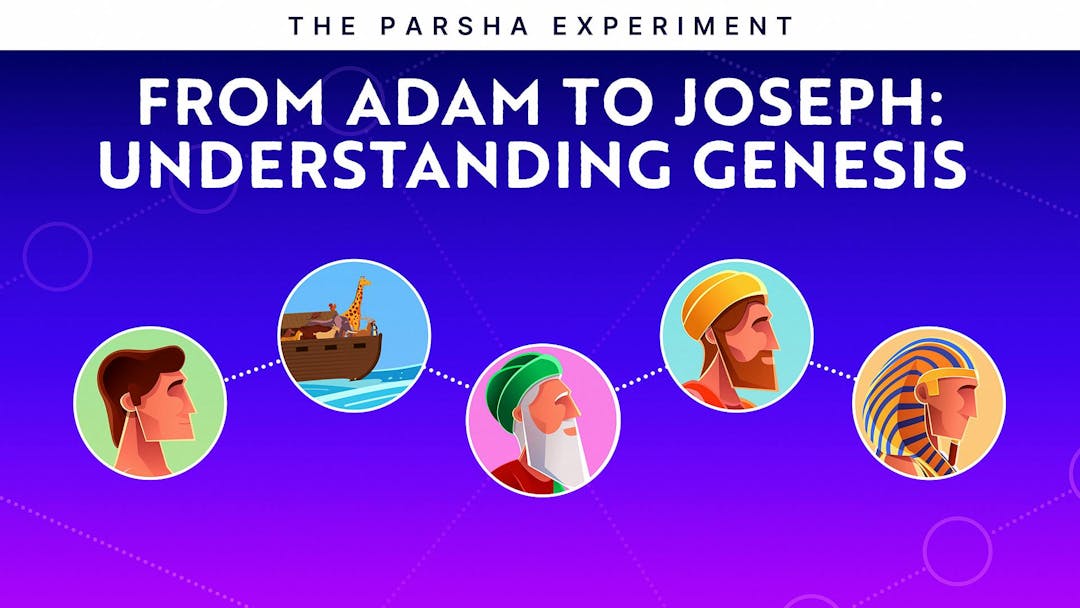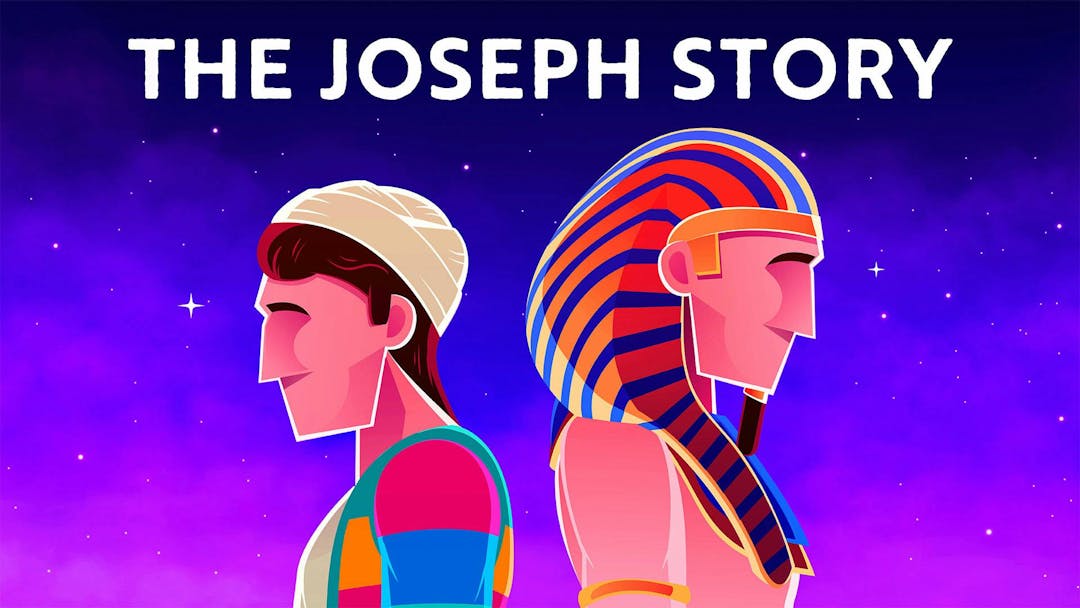Start your free trial today to unlock the full library and enjoy unlimited and uninterrupted access.
Get StartedWho Is Joseph's Real Father?
The True Significance Of Jacob's Burial
When Joseph agrees to bury his father Jacob in Canaan, Jacob bows to him in relief – why? What was Jacob worried about? Was Jacob concerned that Joseph would feel a stronger commitment to Pharaoh, who had become a sort of father figure while Joseph was in Egypt?
In this video, the last of the book of Genesis, Rabbi Fohrman explores Joseph's tension between his commitments to Jacob and Pharaoh – two father figures in his life – and the meaning of his choice to bury Jacob in Canaan.
Click here to watch the Parshat Miketz video Rabbi Fohrman mentions in this video.
Want to watch the full video for free?
Enter your email and we’ll send you a link to watch the full series free.
What is Aleph Beta?
Aleph Beta is a unique kind of Torah library. Led by our founder, Rabbi David Fohrman, we are dedicated to high-level, textual Torah learning for adults that is intellectually and spiritually sophisticated, that enlivens your Jewish practice and helps you forge a deeper connection to God. Whether you’ve been learning in yeshiva for years or you’re just beginning your Torah journey, you’re sure to find something meaningful and surprising waiting for you here.
Browse our library of over 1,000 beautifully produced animated videos, podcasts, deep dive courses, and printable guides. Topics include the weekly parsha, Jewish holidays & fast days, laws & mitzvot, prayers, relationships, big philosophical ideas and more. Have something to say at the Shabbos table that will amaze your family and guests and bring deep meaning into their lives.











